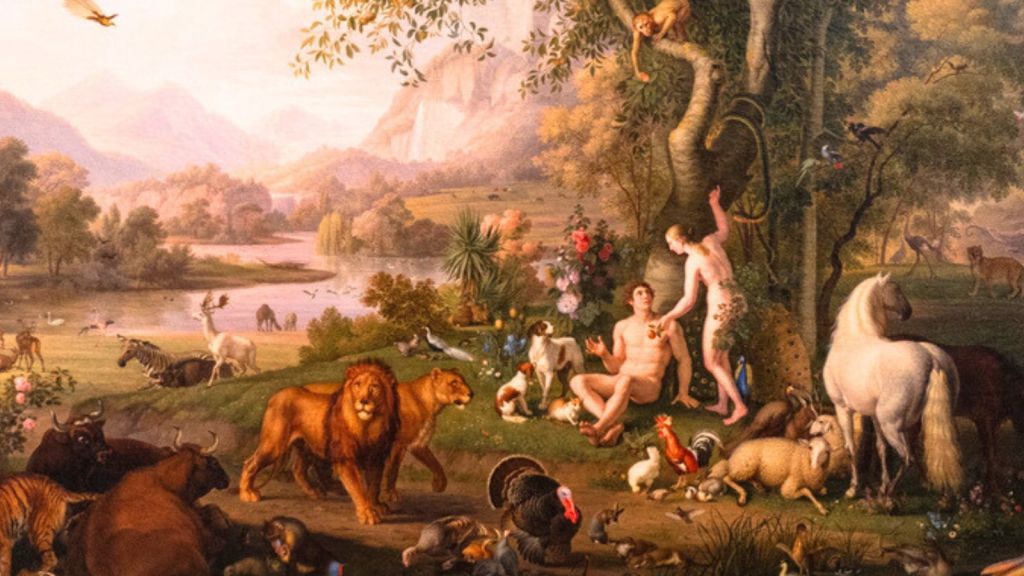“Unveiling the Untold Truths: 14 Bible Stories You Thought You Knew!”
The violent actions of the townspeople reflect a deep disregard for others and a refusal to care for strangers. The story is a warning against inhospitality and cruelty, not just one specific sin.
7. The Ten Plagues


The Ten Plagues are often seen as random punishments, but each plague directly challenges an Egyptian god or practice. For example, the Nile turning to blood undermines the river’s status as a life-giving deity (Exodus 7:17-18).
The plagues demonstrate God’s authority over all creation and His commitment to freeing His people. They’re not just acts of wrath but statements of divine power and justice.
8. Job’s Suffering


The story of Job is often misunderstood as God punishing a righteous man to test his faith, but the text makes it clear that Job’s suffering is not a result of his sin (Job 1:1, 1:8). Instead, it’s part of a larger cosmic conversation about human faithfulness in the face of adversity.
Job’s friends wrongly insist that his suffering must be due to wrongdoing (Job 4:7-8), but God rebukes them for their flawed theology (Job 42:7-9). The story challenges simplistic ideas about suffering and emphasizes trust in God’s wisdom, even when circumstances don’t make sense.
9. The Walls of Jericho


The story of Jericho often gets framed as a military triumph, but the victory wasn’t achieved through strategy or might. The Israelites simply followed God’s instructions to march around the city, blow trumpets, and shout (Joshua 6:3-5).













